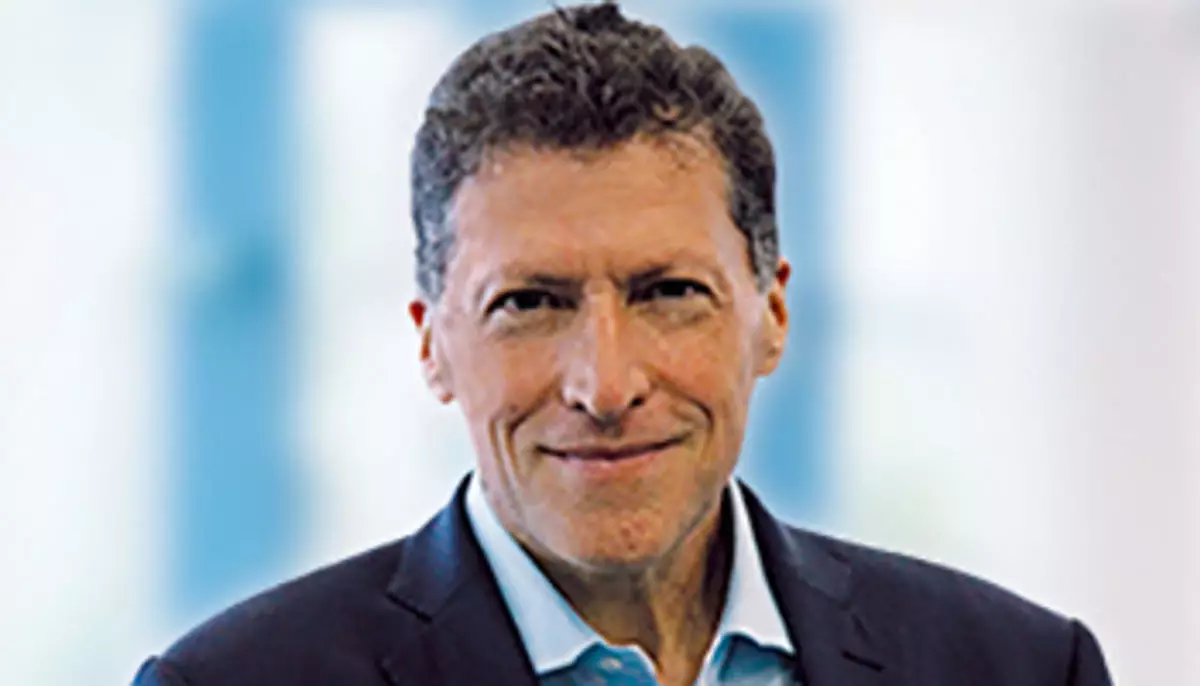In recent years, the spotlight on diversity, equity, and inclusion (DEI) has intensified across various sectors, including the travel and cruise industry. A pivotal moment emerged from a column penned by Arnie Weissmann in February 2023, which illuminated troubling incidents of racism faced by Black travelers aboard an MSC cruise. The need for an industry-wide commitment to combating such concerns has prompted MSC Cruises to take essential steps towards improvement, reflecting a broader movement within the travel industry toward genuine DEI.
Understanding the Immediate Backlash
Weissmann’s original exposure of the incidents faced by travel advisor Margie Jordan and her clients at sea ignited a significant conversation about racism in the cruise environment. Prior to the publication, MSC Cruises USA president, Ruben Rodriguez, was given the opportunity to respond. His statement emphasized that the experiences described were inconsistent with the company’s values. Such public acknowledgment of the issue is crucial, yet it raises questions: How often must industry leaders be prompted by public scrutiny to take action? The essence of Weissmann’s commentary—that words alone are insufficient—resonated deeply as it called for tangible actions rather than mere declarations.
The discourse surrounding DEI has often been plagued by superficiality, where organizations announce initiatives without committing to substantive changes. MSC’s situation is emblematic of this pattern, but the aftermath of the column provided a unique impetus for introspection and action. The discussions initiated by Weissmann led to fruitful dialogues with key travel advisors, underlining the need for a more collaborative approach between cruise lines and the communities they seek to serve.
Transformative Leadership and Strategic Planning
Following the fallout from the article, MSC took a proactive stance by appointing Magali Bertolucci, a psychologist with a strong background in recruitment and training, to spearhead its new Diversity, Inclusion, and Wellbeing plan. Her insights, shared during a recent interview, revealed that MSC had been considering DEI before the column’s publication but clarified that the publicized incidents served as a catalyst for more aggressive reform. This moment marked a turning point for the company, transforming it into a proactive participant in combating systemic issues rather than a reactive one.
Bertolucci’s mandate extends beyond surface-level changes; it comprises a comprehensive understanding of the multifaceted nature of diversity and inclusion. The formation of a 12-person Diversity and Inclusion Advisory Committee, which includes respected voices like advisor Stephen Scott, demonstrates MSC’s willingness to integrate external perspectives into their internal strategy. This collaborative approach not only mitigates the risks of groupthink but also fosters an environment where varied experiences and insights can inform more effective policy-making.
Bertolucci’s decision to focus on wellbeing, in addition to traditional DEI elements, underscores a significant evolution in how companies conceptualize these frameworks. By dropping the term “equity,” she highlights a more holistic approach that prioritizes emotional and psychological wellbeing. This not only acknowledges the diversity of the staff—hailing from over 150 nationalities and myriad backgrounds—but fosters an environment where everyone feels valued and included.
The emphasis on engaging with marginalized groups, such as the LGBTQ+ community, through comprehensive surveys signifies a departure from past practices. It illuminates MSC’s commitment to understanding the lived experiences of its employees, thereby ensuring that every voice contributes to the evolving corporate culture. Such efforts can lead to the development of inclusive policies that resonate beyond superficial compliance and foster genuine transformation.
Despite the often slow progress of DEI initiatives, MSC’s organic approach—rooted in its core values—places it in a promising position among a landscape where many companies are retreating from similar commitments. The involvement of an external body like RINA to assess and possibly certify MSC’s DEI program indicates a level of accountability that can strengthen the integrity of their efforts.
We must recognize that the journey toward true inclusion is ongoing. It requires commitment, vulnerability, and, most importantly, the willingness to embrace difficult truths. As Bertolucci aptly noted, “You can’t create a department about inclusion if you don’t truly believe in it.” This sentiment must resonate across the industry if the cruising experience is to evolve from merely being a service to a truly inclusive experience for all travelers.
The developments at MSC Cruises highlight a significant opportunity not just for the company but for the entire cruise industry to re-examine its approach to DEI and foster an environment that embraces all individuals, regardless of their background. As critical conversations continue to unfold, it remains imperative for industry leaders to commit to real, lasting change that transcends mere rhetoric.


Leave a Reply